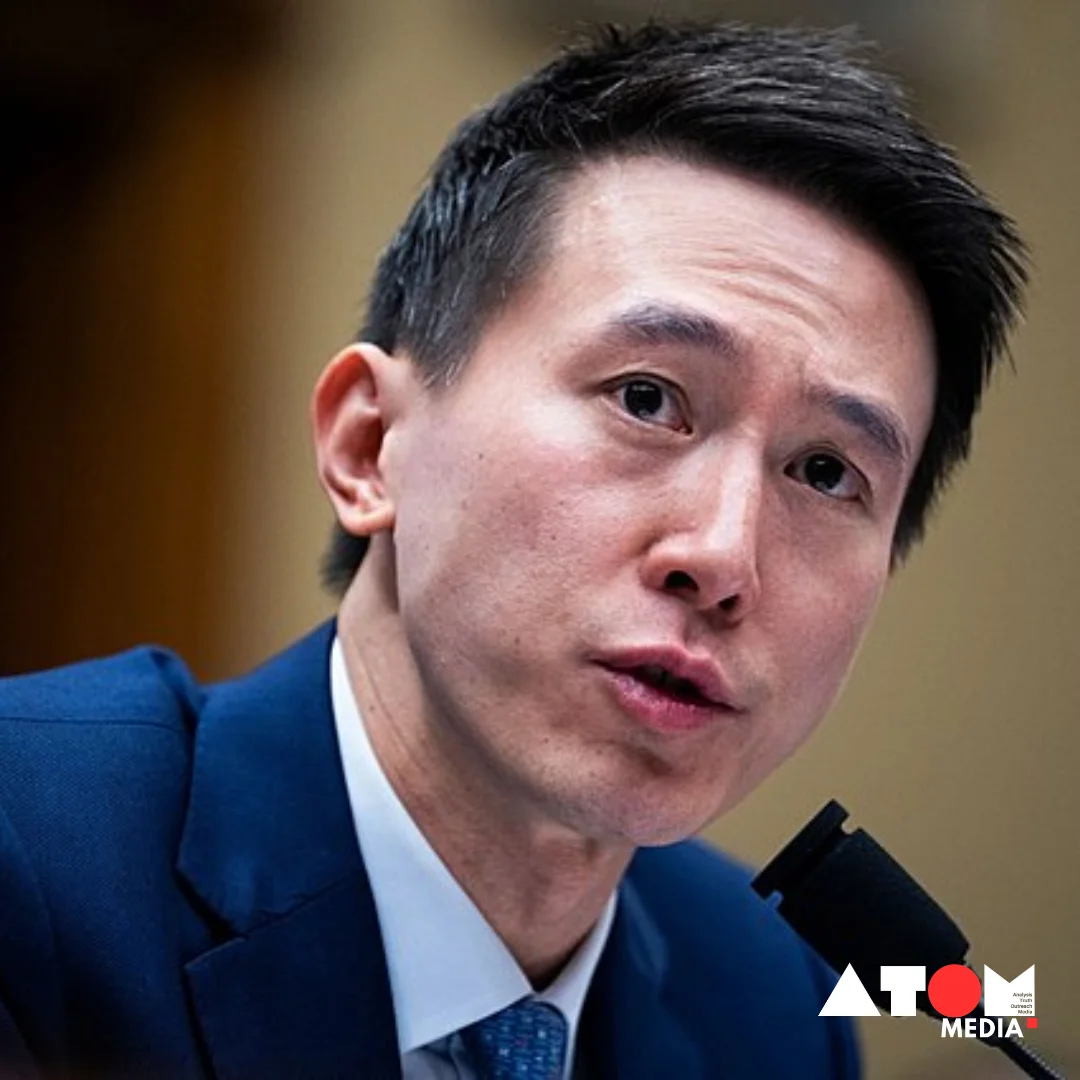TikTok’s CEO, Shou Zi Chew, has made a resolute declaration to challenge a newly enacted US law that threatens to prohibit the popular social media platform due to allegations of Chinese government influence. The legislation, signed by President Joe Biden, mandates TikTok’s Chinese parent company, ByteDance, to divest its US operations within a nine-month timeframe or risk being barred from the American market.
Allegations and Counterarguments
US officials have long voiced concerns over TikTok’s alleged role in facilitating data collection and espionage on behalf of the Chinese government. With a staggering 170 million users in the United States, TikTok has become a focal point of scrutiny, particularly among the younger demographic. Critics also accuse the platform of being a conduit for spreading propaganda, although both China and ByteDance vehemently deny these claims.
In response to the newly enacted law, TikTok’s CEO, Shou Zi Chew, released a video statement expressing firm opposition to the ban. Chew denounced the law as a suppression of freedom of expression, emphasizing that TikTok embodies the same American values that uphold freedom. He assured TikTok users that the company would pursue legal avenues to safeguard their rights, citing constitutional principles and factual evidence in their favor.
Legislative Measures and National Security Concerns
The ban on TikTok was included in a broader foreign aid package worth $95 billion, encompassing military assistance to countries like Ukraine, Israel, and Taiwan. The bipartisan-supported bill sailed through Congress, underscoring the gravity of concerns surrounding TikTok’s alleged ties to the Chinese government. FBI Director Christopher Wray echoed these sentiments, warning of ByteDance’s purported allegiance to the Chinese government and its alleged espionage activities targeting American technology.
Under the terms of the legislation, ByteDance is mandated to either sell TikTok or risk exclusion from major app stores, including those operated by Apple and Google. Potential buyers for TikTok include tech giants like Microsoft or Oracle, according to industry analysts.
Ongoing Scrutiny and Industry Response
TikTok has been in the crosshairs of American authorities for years, with ongoing debates over its security and privacy implications. The legislation passed by Congress also grants the US president authority to designate other applications as national security threats if they are deemed to be controlled by adversarial nations. Notably, Elon Musk, the billionaire owner of X (formerly Twitter), voiced opposition to banning TikTok, citing concerns over freedom of speech and expression.
Musk’s stance adds another layer of complexity to the ongoing debate surrounding TikTok’s fate in the United States. As TikTok braces for a legal showdown with US authorities, the battle over its future underscores broader tensions surrounding national security, data privacy, and freedom of expression in the digital age. With the fate of TikTok hanging in the balance, the outcome of this legal saga will have far-reaching implications for the tech industry and international relations.
Read more: Marketing News, Advertising News, PR and Finance News, Digital News





